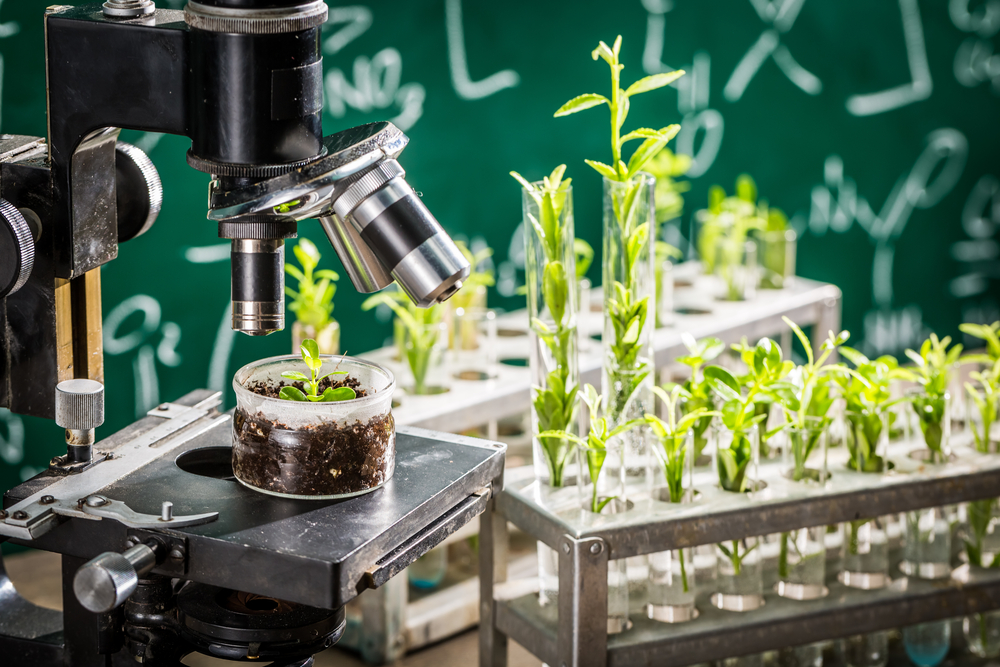A perspective Science article was recently published by an international team including researchers from the University of Göttingen, regarding new plant breeding technologies contribution to food security and sustainable development. Specifically, Genome editing techniques such as CRISPR/Cas, could help to make agriculture environmentally friendly and more productive.
Matin Qaim, an agricultural economist at the University of Göttingen claims that plant breeding and other agricultural technologies have contributed significantly towards hunger reduction over the past few decades. Despite the reduction in hunger, the high intensity in the use of agrochemicals has also caused serious environmental issues.

New technology is needed in order to reduce the negative environmental footprint and make agriculture more resilient to climate stress. Small farms in Asia and Africa will suffer particularly from the effects of climate changes according to recent predictions.
Genome editing aids in the development of crop plants that are more resilient to diseases, pests and more tolerant to heat and drought as Shadid Mansoor mentioned – from the National Institute for Biotechnology and Genetic Engineering in Pakistan. This can help to reduce chemical pesticide sprays and crop losses. In genome editing, certain DNA sequences are changed or “switched off” in a very specific way without foreign genes being introduced. Consequently, genome-edited crops are different from transgenic genetically modified organisms (GMOs). Mansoor explained that the new methods are already being used to improve neglected food crops like local vegetables or pulses, it’s also used in various cereal.

The agriculture economists need to be careful not to make the same mistakes made with GMOs as Qaim stated. The high regulatory hurdles for transgenic GMOs and the limited public acceptance have led to a concentration of biotech developments in only a few main crops and in the hands of only a few multinationals. Qaim added that they need more competition and more diversity. Genome-edited crops should not be viewed and regulated as if they were transgenic GMOs as they do not contain foreign genes; the breeding techniques are more precise.Regulations for genome-edited crops are still being discussed in Europe. Unfortunately, and also disappointing for the authors, In July 2018, the EU Court of Justice ruled that these crops would fall under the existing GMO law. It will hold up future applications, Qaim mentioned. The researches fear that the regulation of new breeding technologies in Europe has a major impact on developing countries as well, carrying the risk that the massive potential of genome editing for food security cannot be fully exploited.



